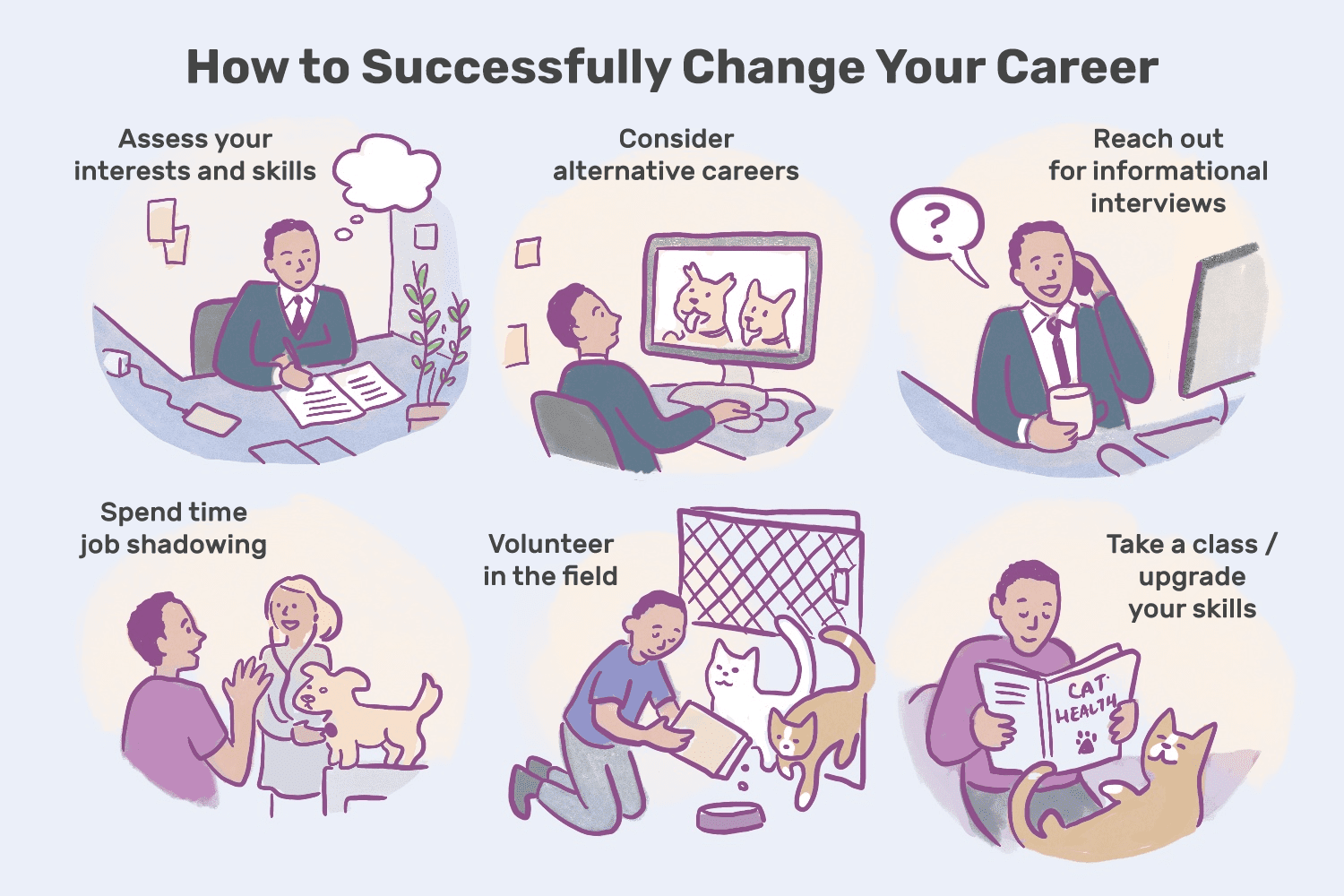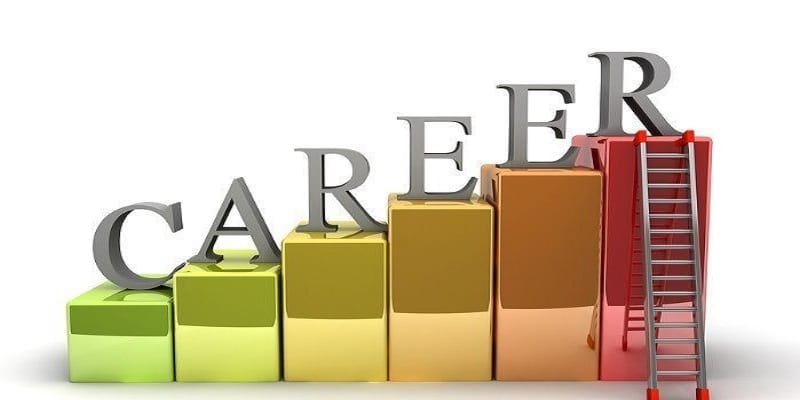
During a job interview, you might be asked questions related to your professional interests and your family background. It's important to tailor your responses to the type of career you're applying for. You can also focus on the duties of your job. Listed below are some common career questions, as well as tips to prepare for them.
Answers to common career questions
If you're applying for a new job, answers to common career questions can help you land the job you want. Your answers should reflect your passion for the company and highlight what you have to offer. It's important to mention any relevant education or other qualifications as well as any leadership skills or management abilities you might have. It is helpful to give background information about the company you are applying.
An employer is making a huge financial and time investment when they hire a replacement employee. Because they don't want someone to leave after a few years, they want to ensure that they have the right candidate. That's why the best answers to these questions are generally general, but you should still consider whether the company's goals align with yours.

Legality of asking about the family status
When asking candidates about their family situation in relation to a career question, there are several legal pitfalls that you should avoid. First, it could be considered racial prejudice. It may not be illegal, but it is better to seek legal advice before you ask questions about race or religion, or your family situation.
It depends on the nature and legality of the question to ask about family status. This type of question is inappropriate in job interviews. Although it is permissible to ask about the spouse or children of a candidate, it is not legal. In some cases, employers may ask about a person's family to ensure that he/she is suitable for the position. A recruiter is not allowed to ask about the marital status of a person, their children or maiden names.
Typical interview questions
Common interview questions are asked during interviews for jobs. The interviewer is interested in your past work experiences and how you handled stressful situations. They want to see your ability to learn from mistakes and move forward. Here are some questions to expect in your interview: What type are you?
Interviewers want to find out if you are the right person for the job. They are looking for evidence of your ability to work with the company's culture, solve problems and contribute to its success. It is important to explain difficult work situations in a way that makes sense and provide examples of how the problem was solved. It is also a good idea to include measurable metrics.

Here are some ways to prepare for an interview
Do your research about the company and the job before you go to interview. Examine the website, social media pages, as well as past projects. This information can help you craft intelligent questions. Once you have a thorough understanding of the company and the position, make a list of potential interview questions and think of how you can relate them to your experience and skills.
Personal stories and examples are a good way to illustrate your answer when answering questions. Keep your body language professional during interviews. Speak clearly, smile often, and make eye contact. Avoid calling the interviewer a "sir", or a "miss". Always use the interviewer's first name. Don't stand when the interviewer enters your room. Only stand when you are introduced.